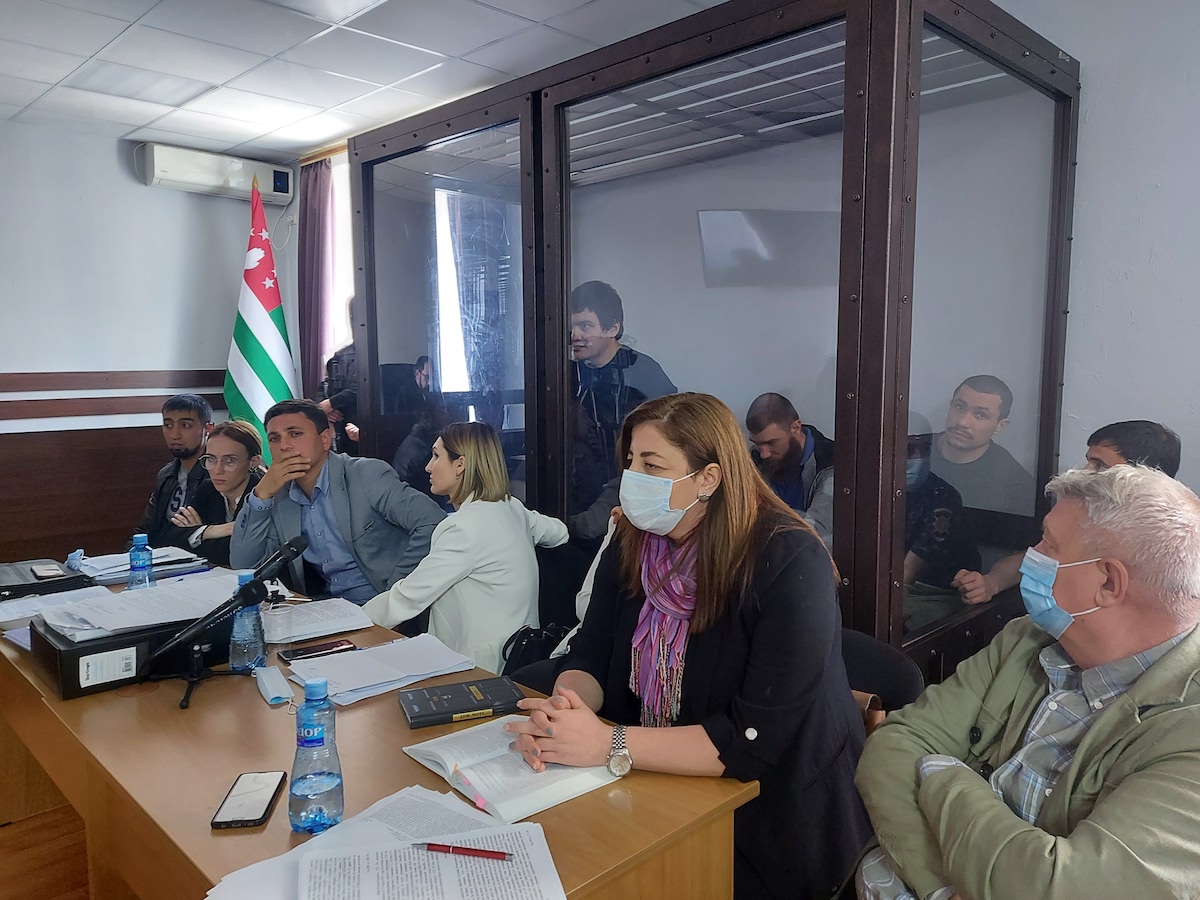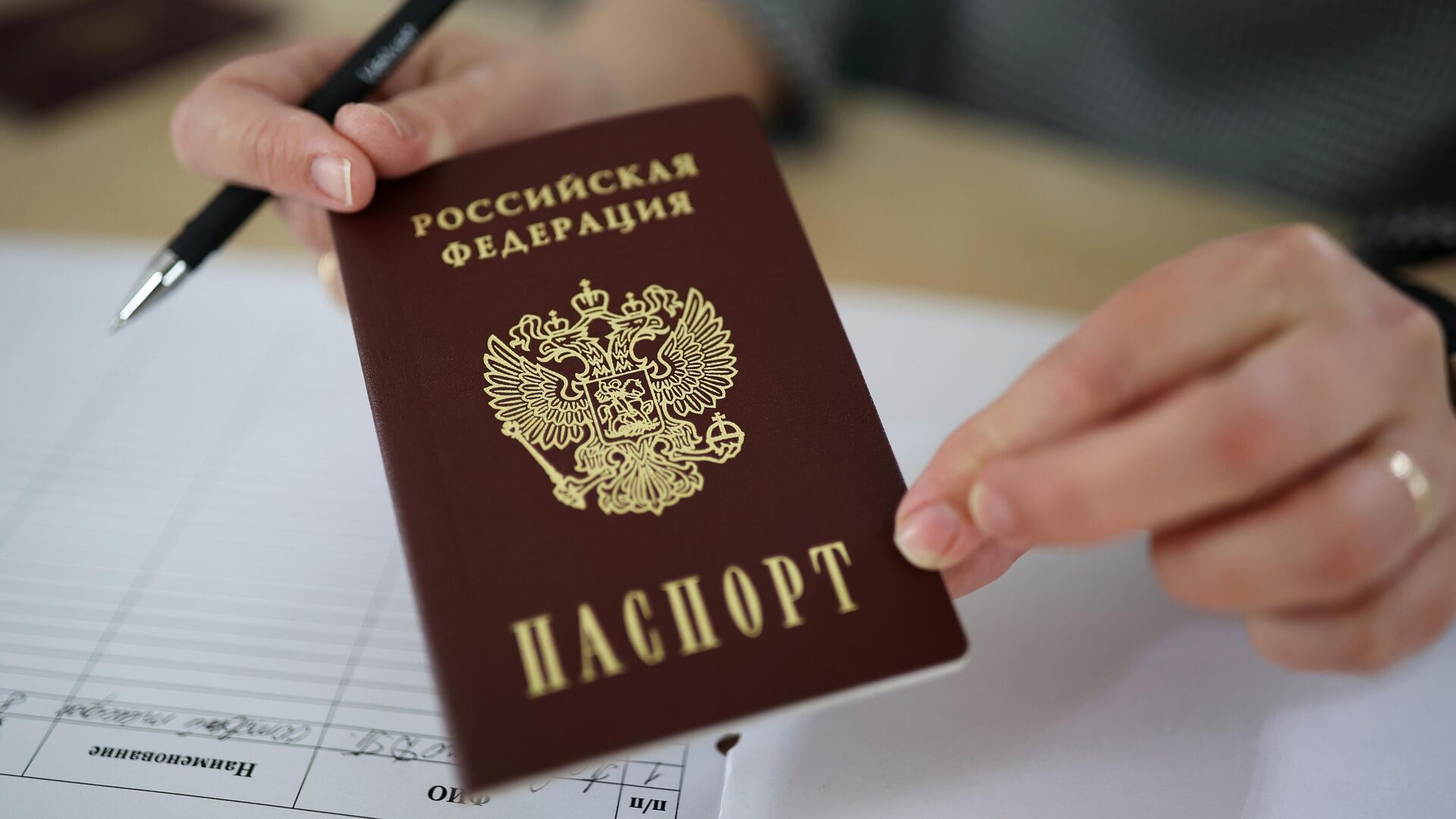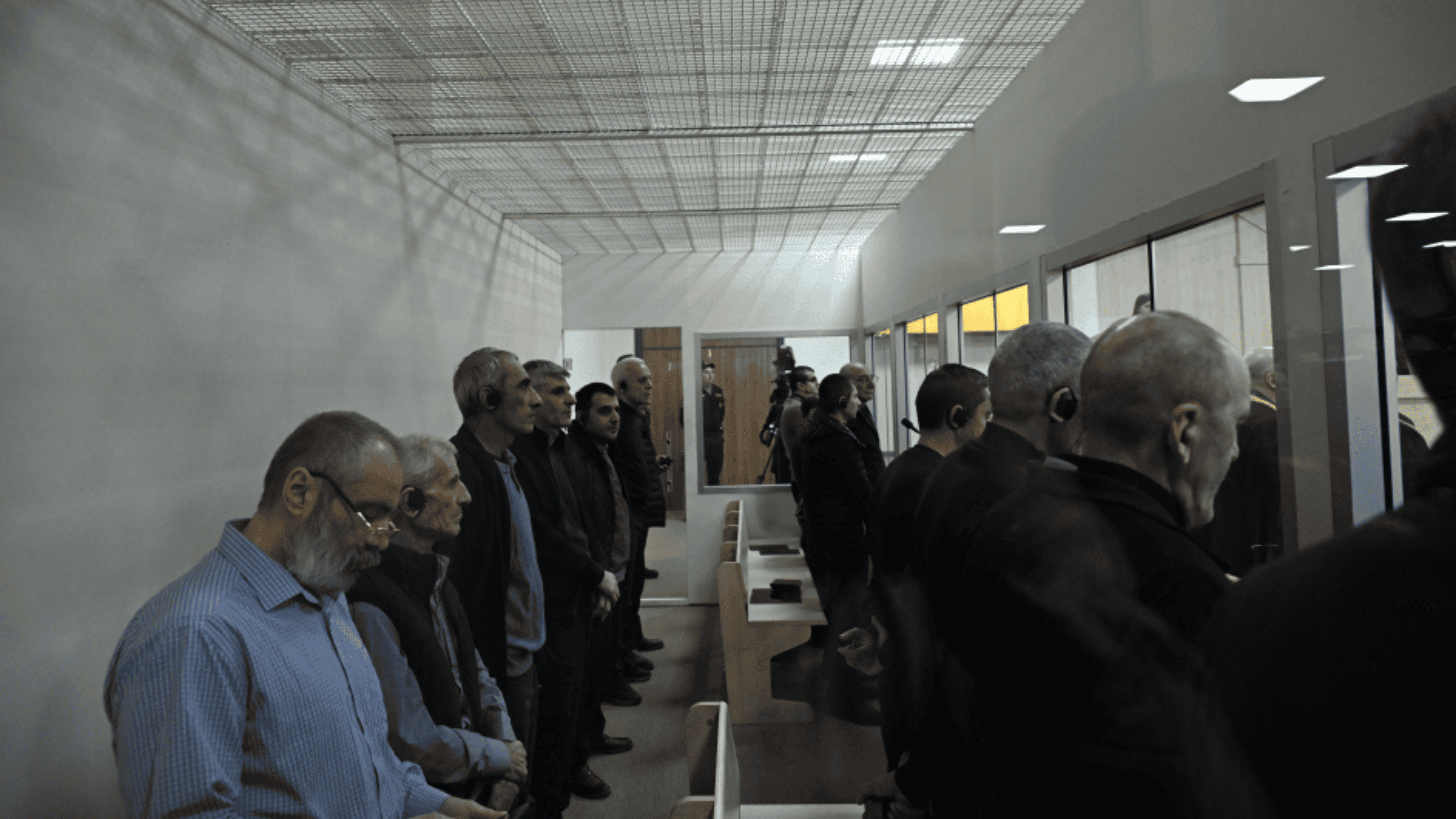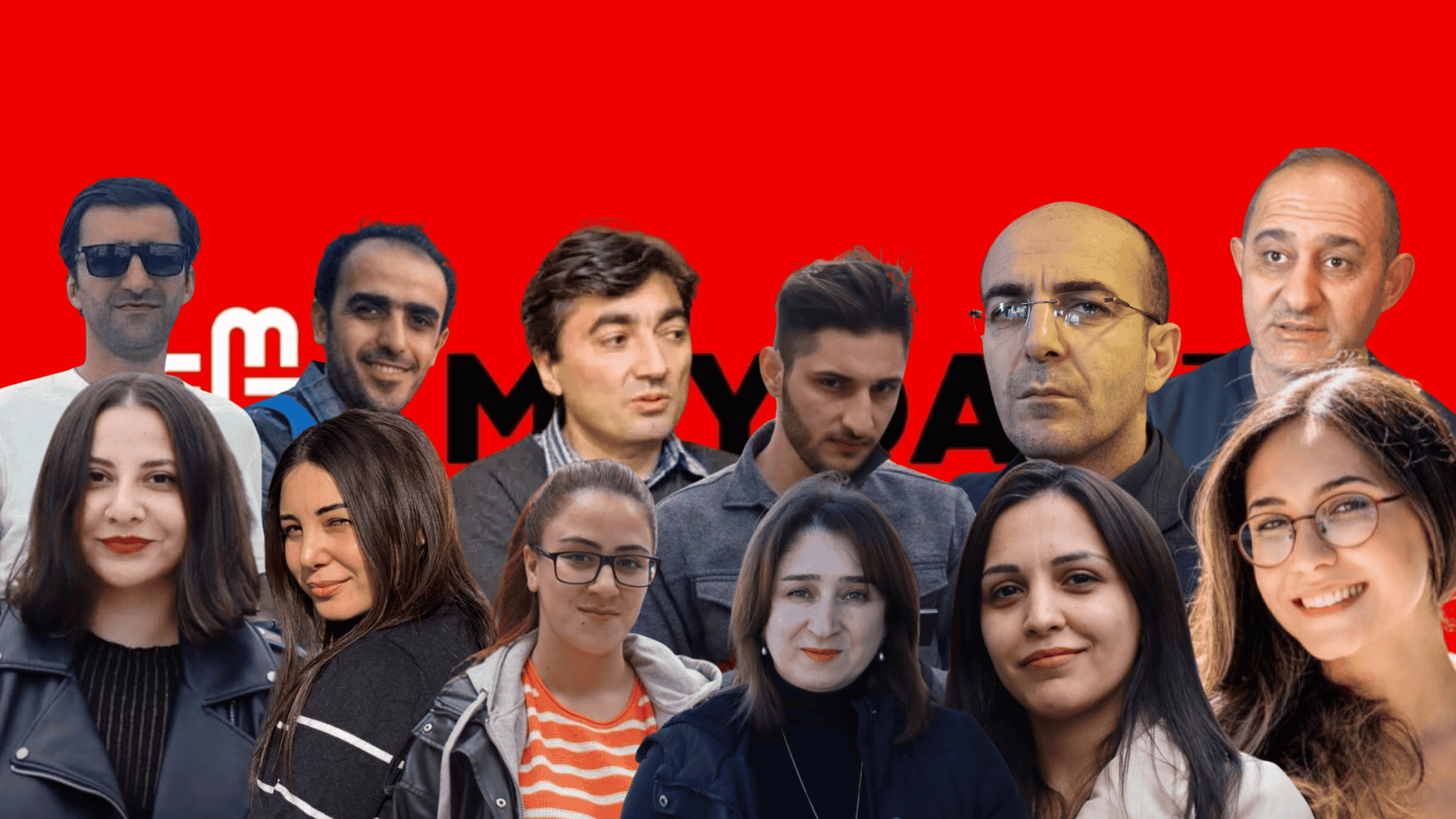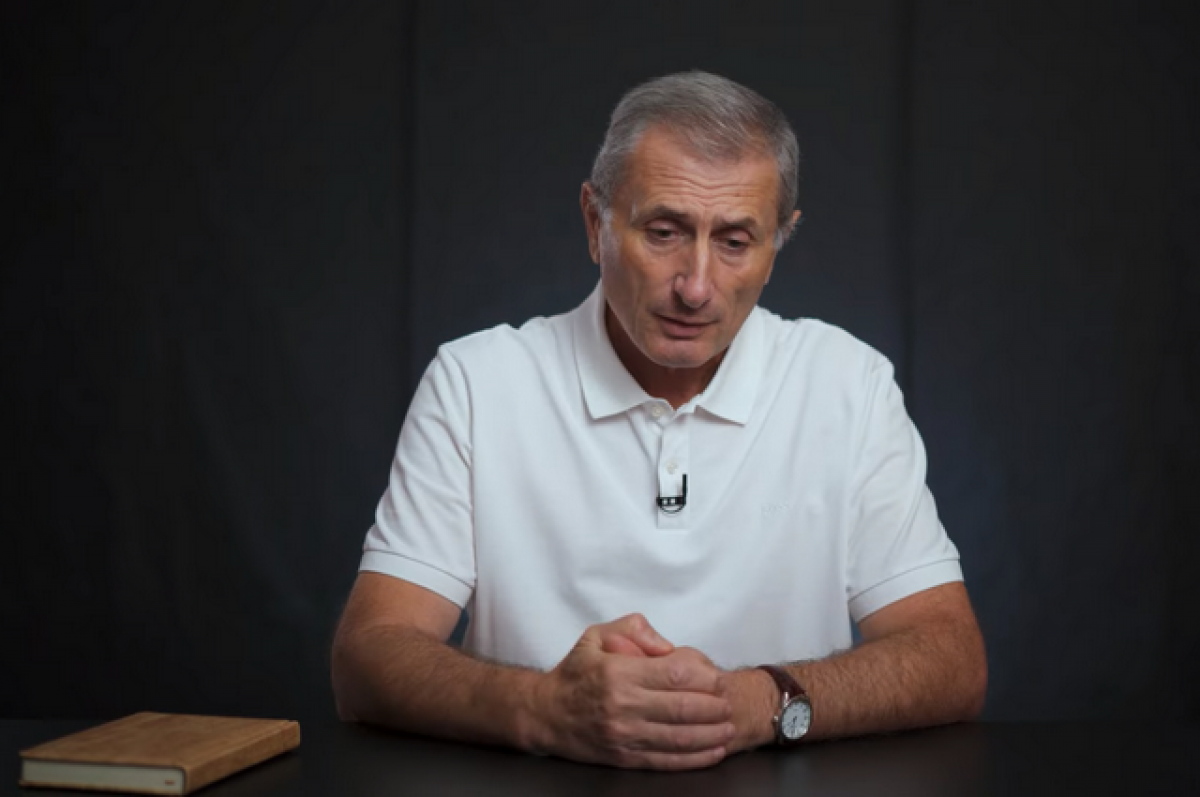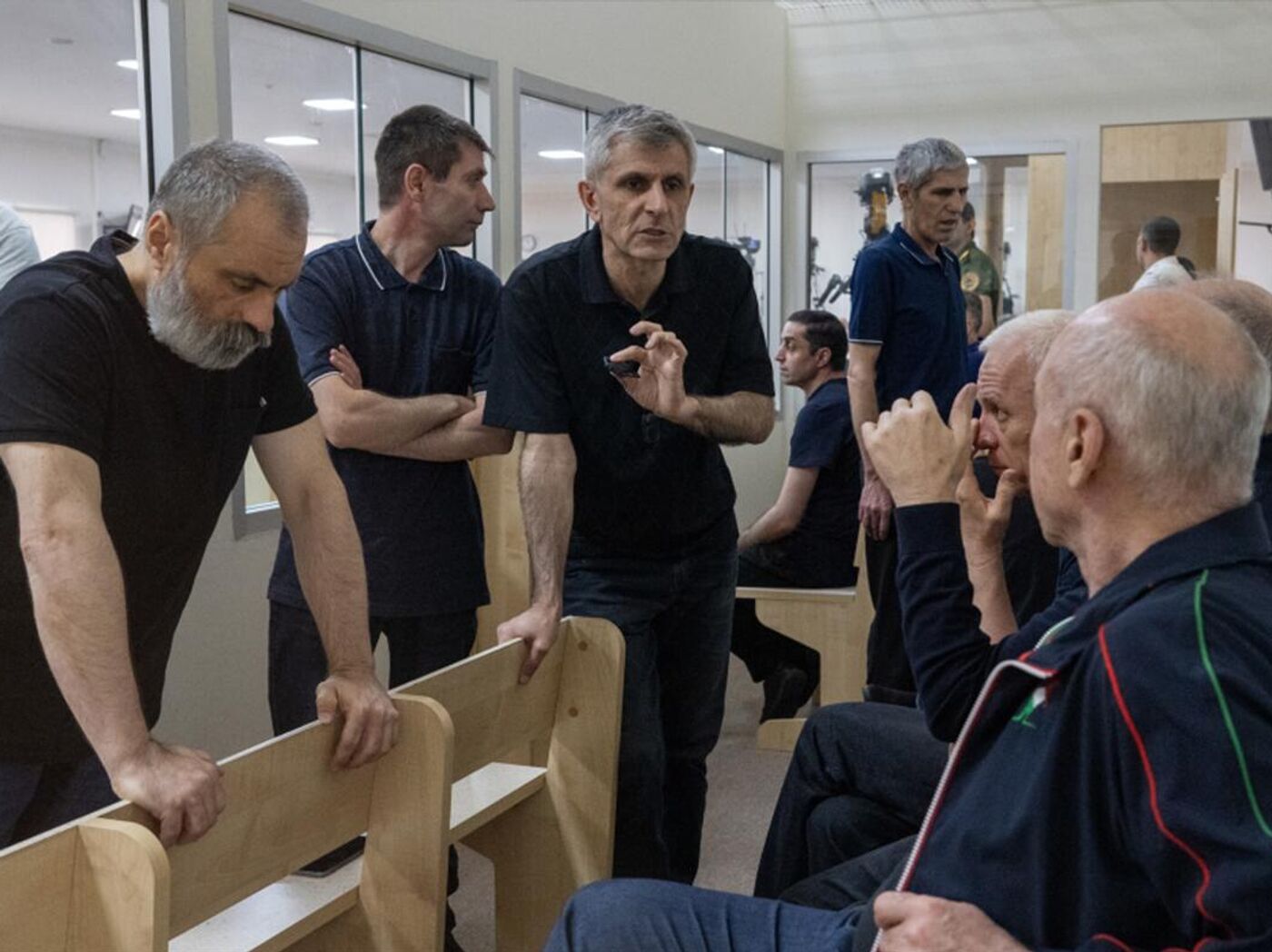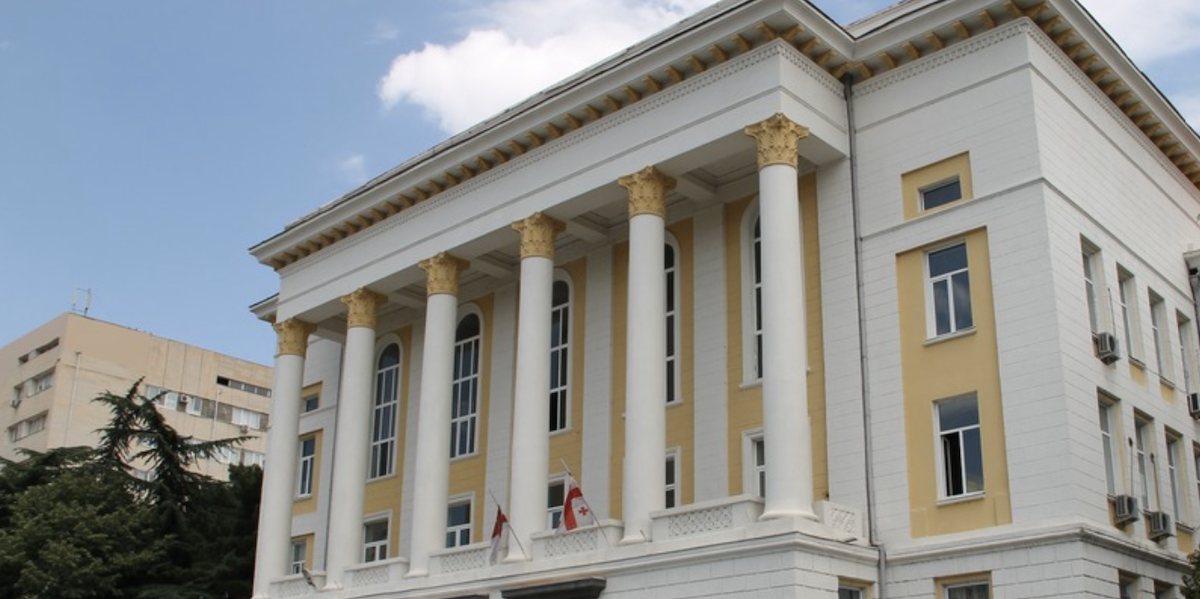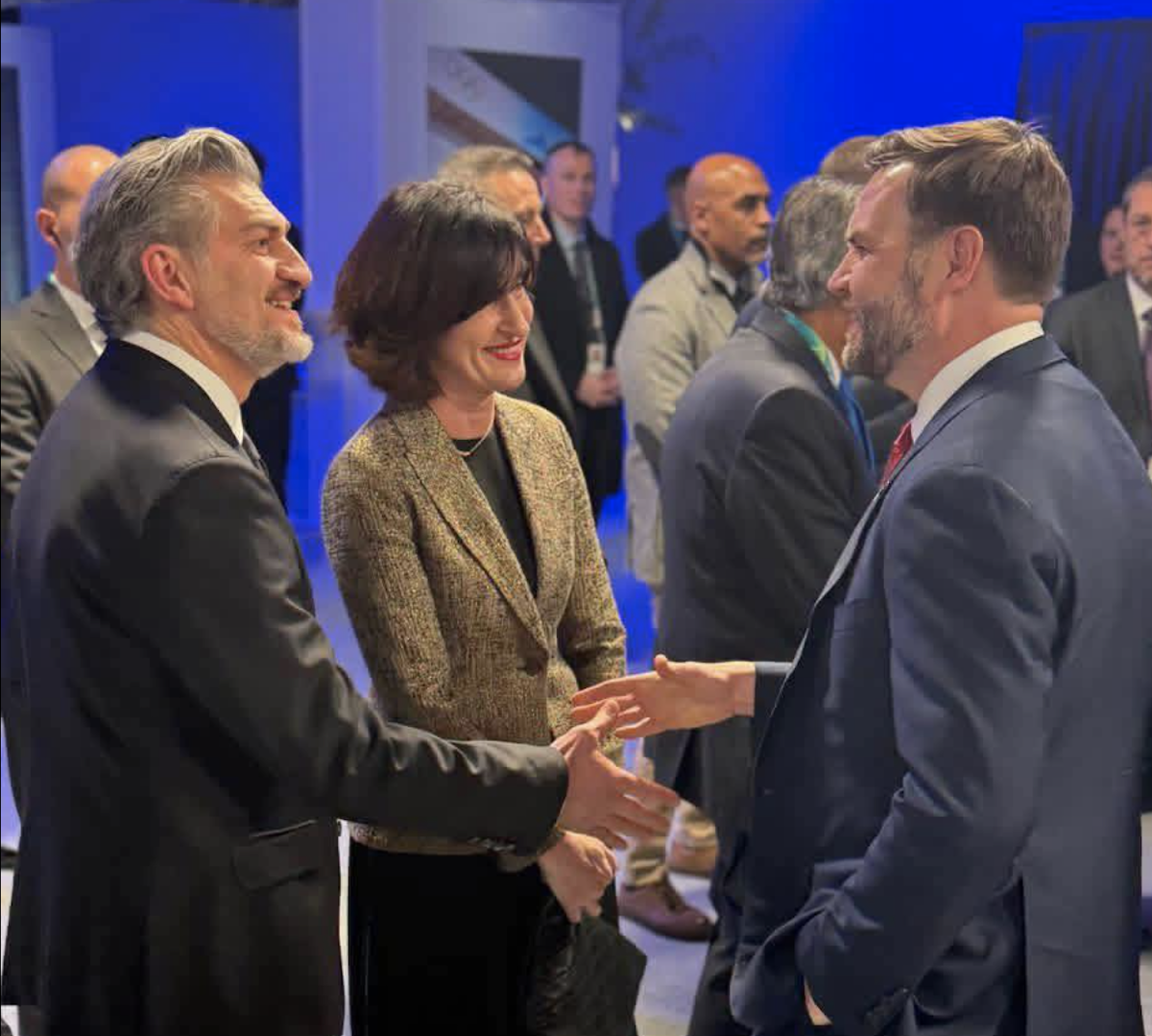Abkhazia edges toward compromise as opposition awaits president’s response
Resolving Abkhazia political crisis
On 18 November, the fourth day of the political crisis in Abkhazia, no final decision has been reached. The day before, President Aslan Bzhania proposed a compromise to address the acute phase of the conflict, while the opposition countered with its own proposal.
The nation awaits Bzhania’s response. Any potential agreement involves the president resigning early.
The mass protests began on 15 November with demands to withdraw a parliamentary agreement on Russian investments, which the opposition and much of society view as detrimental to Abkhazia, sarcastically calling it “benefits for oligarchs.” Protesters seized the presidential administration and demanded President Aslan Bzhania’s resignation.
By the fourth day, thousands of demonstrators remain around the government complex, vowing to stay until the president steps down. Bzhania, reportedly in his ancestral village of Tamish since 15 November, holds meetings with his cabinet and insists the government remains functional and in control.
The conflict stems from the Russian-Abkhaz investment agreement, the specifics of which are detailed later in the text.
The president’s proposal: Bzhania offered to resign under two conditions:
- Protesters vacate the seized presidential administration.
- The acting president is Vice President Badra Gunba, a member of his team.
The opposition’s counteroffer: Adgur Ardzinba, an opposition leader, presented their terms from the steps of the seized presidential palace.
The opposition is willing to accept Bzhania’s resignation if the cabinet is dissolved and a new prime minister from the opposition is appointed. “We want to prevent a situation where the authorities attempt to use administrative resources in the presidential election,” said Adgur Ardzinba.
This exchange of proposals took place late on 18 November. According to the opposition, Aslan Bzhania requested time to consider until the morning of 19 November.
- Coalition government, reforms, then presidential elections — a solution for Abkhazia’s political deadlock?
- Opinion: “Next Abkhaz president will face the same dilemma — balancing sovereignty and ties with Russia”
- “Georgia clearly concedes Abkhazia to Russia” Commentary.
Negotiations are facilitated by a group formed by the Public Chamber and a parliamentary delegation led by Speaker Lasha Ashuba, shuttling between the opposition-held presidential administration and Bzhania’s base in Tamish.
Despite the crisis, daily life in Abkhazia continues as usual, with government institutions, schools, hospitals, shops, and cafes operating normally. A handful of tourists even sip coffee near the epicentre of the protests on the famous “Brekhalovka” promenade.
Presidential overthrows: third in decade
This marks the third instance since 2014 where the presidential administration has fallen into opposition hands.
In May 2014, a similar situation led to the early resignation of President Alexander Ankvab. His successor, Raul Khadzhimba, ended his presidency in the same way.
In January 2020, supporters of the then-opposition, led by Aslan Bzhania, seized the presidential palace and forced Khadzhimba to resign.
Now, the same scenario is unfolding with Aslan Bzhania.
Moscow has so far offered little commentary on the events in Abkhazia, despite the unrest being triggered by an attempt to ratify the Russian-Abkhaz investment agreement in parliament.
-
Why Russian investment agreement sparked protests in Abkhazia?
The agreement stipulates that:
1. Russian investors will be exempt from customs duties on the import of construction materials and equipment, as well as from paying corporate property tax and income tax for eight years;
2. The value-added tax for investors will be only five percent — half the usual rate;
3. The Abkhazian government is obliged to provide investors covered by this agreement and listed in a separate registry with energy resources and priority access to infrastructure and communications;
4. Finally, investors have the right to use land allocated by the Abkhazian government as collateral in a bank. Accordingly, if something happens to the investor, the bank can confiscate this “state-owned” land.Opponents of the agreement believe it will deliver a fatal blow to local businesses, which simply cannot compete with Russian businesses under such conditions. Moreover, they argue that the agreement threatens Abkhazia’s security.
The Kremlin has stated openly that the current conflict must be resolved by the Abkhaz themselves and that it does not intend to intervene. If it does get involved, it will only be as a mediator in the settlement process.
Despite President Aslan Bzhania and his government repeatedly attempting over the past two years to portray the opposition as an “anti-Russian force,” Moscow likely views this as an element of “domestic propaganda.”
Russia remains Abkhazia’s sole ally, donor, and protector, and all political forces in the region are inherently inclined to be loyal to Moscow.
Meanwhile, prominent military commander Akhra Avidzba, who holds the title “Hero of the DPR” (a self-proclaimed republic recognised only by Russia, with the rest of the international community considering it part of Ukraine — JAMnews), has returned to Abkhazia amidst the crisis.
Avidzba is a significant figure who played a decisive role in the previous overthrow of the president in 2019–2020, which brought Aslan Bzhania to power. However, their paths later diverged, and Avidzba even faced criminal charges.
Currently, Akhra Avidzba cautiously states that he “came to be with his people” and is ready to act as a mediator in resolving the crisis.
Toponyms, terminology, views and opinions expressed by the author are theirs alone and do not necessarily reflect the views and opinions of JAMnews or any employees thereof. JAMnews reserves the right to delete comments it considers to be offensive, inflammatory, threatening or otherwise unacceptable.
Resolving Abkhazia political crisis










